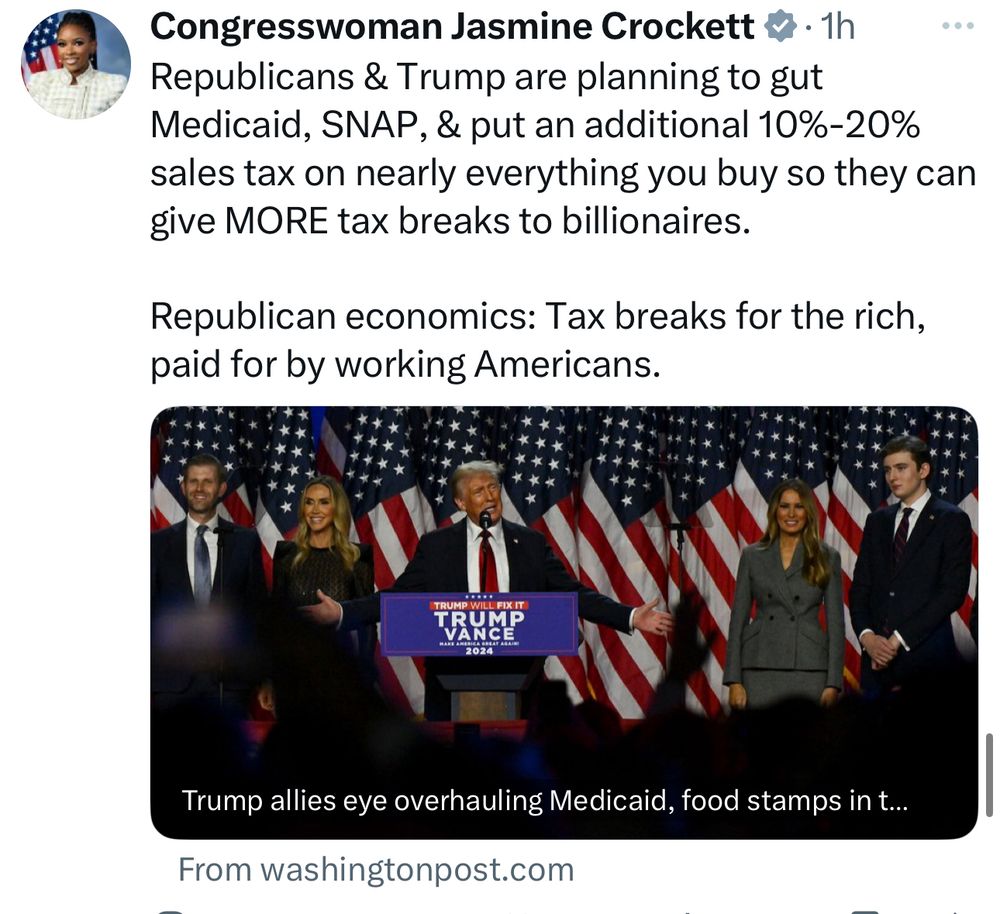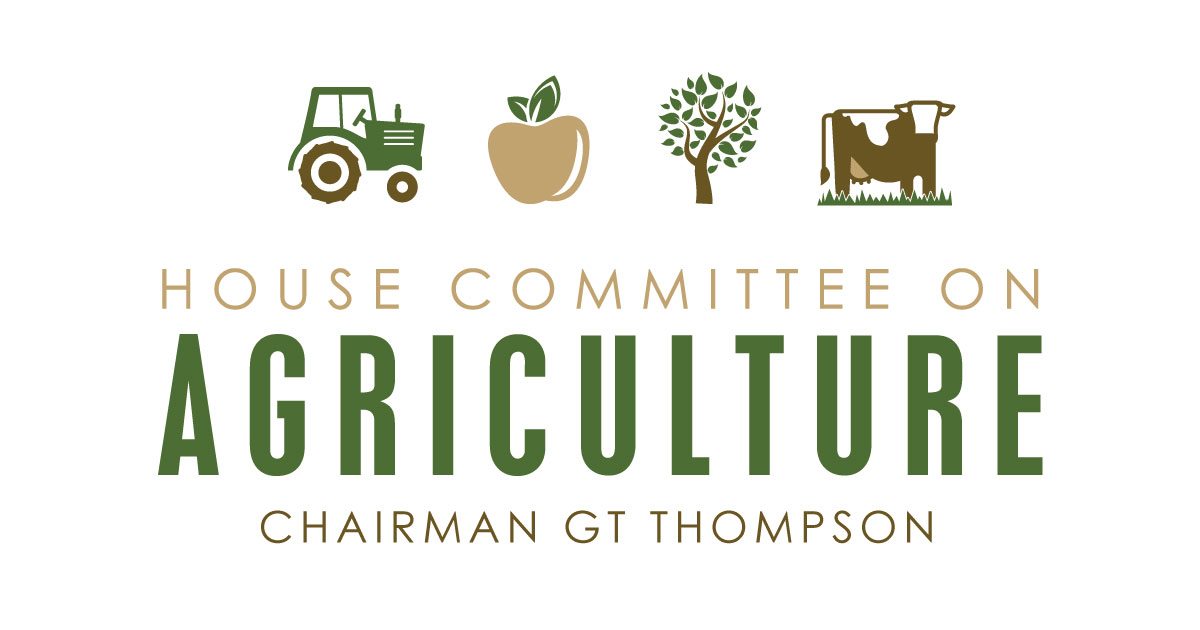T. A. Gardner
Serial Thread Killer
So would single payer. But we don't like those options. We like the pure profit-driven healthcare system.
No, monopolies never reduce costs. Single payer is the worst kind of monopoly, a government run one.
But you just told me that my record-breaking 401k returns over the last 4 years was "bad" economy. Which is it? During Biden my 401k rocketed to heights I never dreamed of.
Actually, your 401K likely didn't keep up with inflation. Mine certainly didn't and they grew massively.
And even then 401k's are just another means of "diy" ethos in industry. If they turn us all loose in the market and we aren't slick trader sharks we become the "funding" money that funds the games the rich and market sharks play. 401k's are NOT a good thing unless you are really good at the markets. And very few of us are.
401K's are for long-term investing. If you are so stupid to move your money constantly around chasing what you think is the best return, you are a fool.
Fixed benefit pensions were scary and sometimes expensive for companies so they made up the 401k scam and pushed everyone into it.
That's a corporation's choice, and one prospective employees can contract to make or pass on.
I'm sure you're super knowledgable about the markets and can read a P/E ratio like nobody's business, despite your overwhelming ignorance that you show on this forum every day. So I'm sure it will all work out for YOU. (LOL)
I know that inflation has totaled close to 20% in the last four years. If the stock market failed to keep up, it would be effectively losing money.


